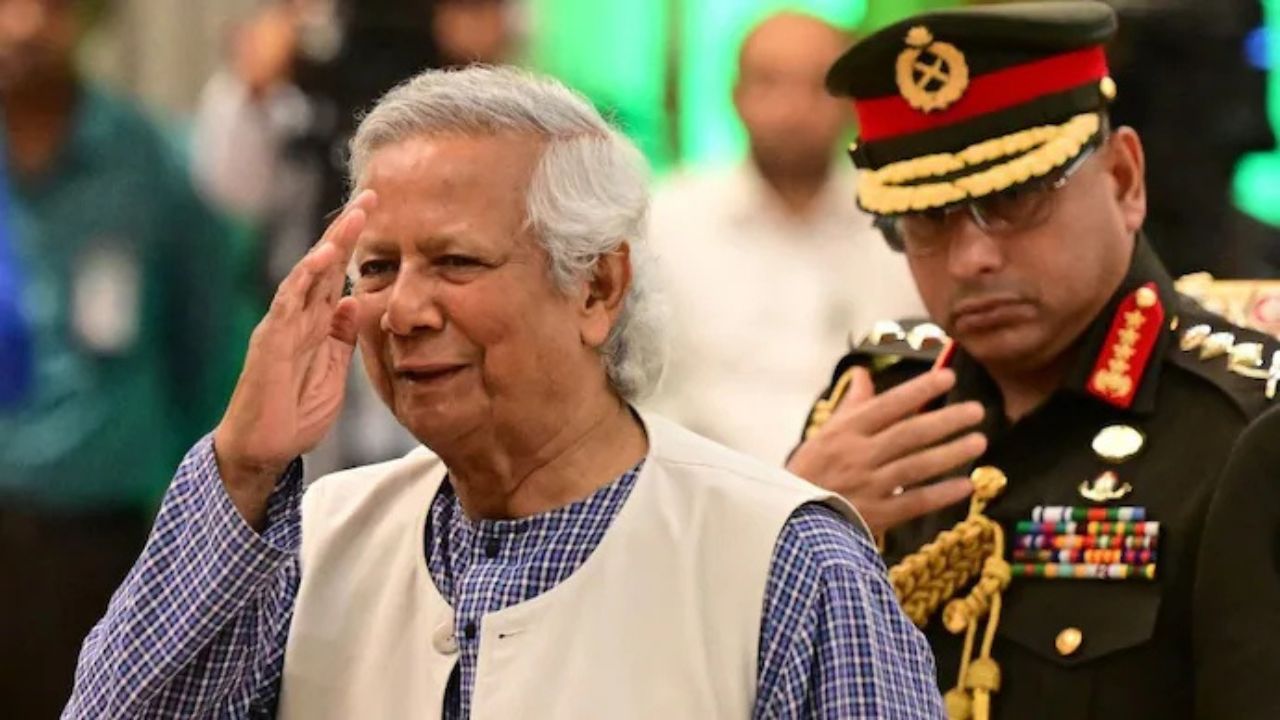 English
English

The attack comes amid rising political tensions and sporadic incidents of violence in the capital. Yunus founded the Grameen Bank in 1983 and was awarded the Nobel Peace Prize in 2006 for his efforts to eradicate poverty and empower women.

Blast outside Mohammad Yunus’ bank
Dhaka: Unidentified assailants detonated crude bombs outside the Grameen Bank headquarters of interim government head Mohammad Yunus in the Bangladeshi capital, Dhaka, early Monday. The attack comes amid rising political tensions and sporadic incidents of violence in the capital.
Yunus founded the Grameen Bank in 1983 and was awarded the Nobel Peace Prize in 2006 for his efforts to eradicate poverty and empower women.
Attacks elsewhere in Bangladesh
On Monday morning, two motorcyclists threw bombs in front of Prabartana, a business owned by Farida Akhtar, an advisor to Yunus, in the Mohammadpur area. According to police, both bombs exploded with a loud bang, one of which landed inside a shop.
Additionally, in Dhaka's Dhanmondi area, motorcyclists detonated bombs near Ibn Sina Hospital (said to be affiliated with Jamaat-e-Islami) and at a major intersection.
Shooting incident in the capital
A 50-year-old man, described as a registered criminal, was shot dead in front of a hospital in the old part of Dhaka. According to local media reports, this man had previously escaped an attack in 2023 and was released on bail after spending 26 years in prison.
Security agencies have increased surveillance in the capital, Dhaka, amid these incidents. On November 13, the International Crimes Tribunal of Bangladesh (ICT-BD) is scheduled to set a date for sentencing after a hearing against former Prime Minister Sheikh Hasina.
Hasina is facing demands for the death penalty for suppressing last year's July uprising, which saw widespread student protests that led to the fall of Hasina's government.
Security Force Deployment and Political Situation
Sudden protests have become common in the capital over the past few months. Police have arrested over 3,000 banned activists.
For 15 months, army personnel have been deployed to assist the civil administration, although recently half of the troops have been withdrawn for rest and training.
The seven-day deadline given by the government to various political parties to agree on 84 reform proposals expires on Monday. Many of these proposals conflict with existing provisions of the Constitution.
Former Prime Minister Khaleda Zia's Bangladesh Nationalist Party (BNP) is currently emerging as the main political force, while Hasina's Awami League has been dissolved by the interim government.
The BNP has rejected the government's offer of talks with Jamaat-e-Islami, calling it a fabricated crisis.